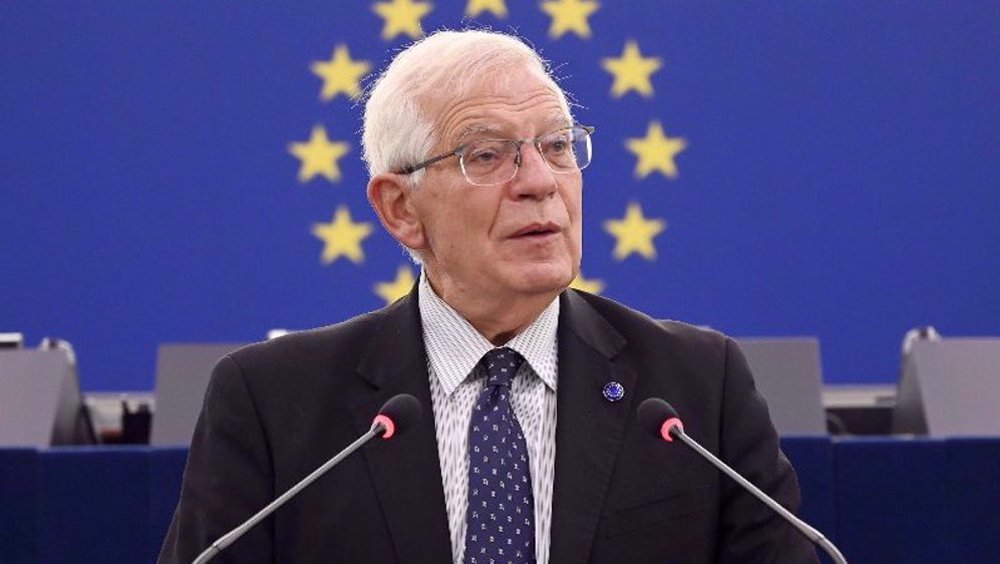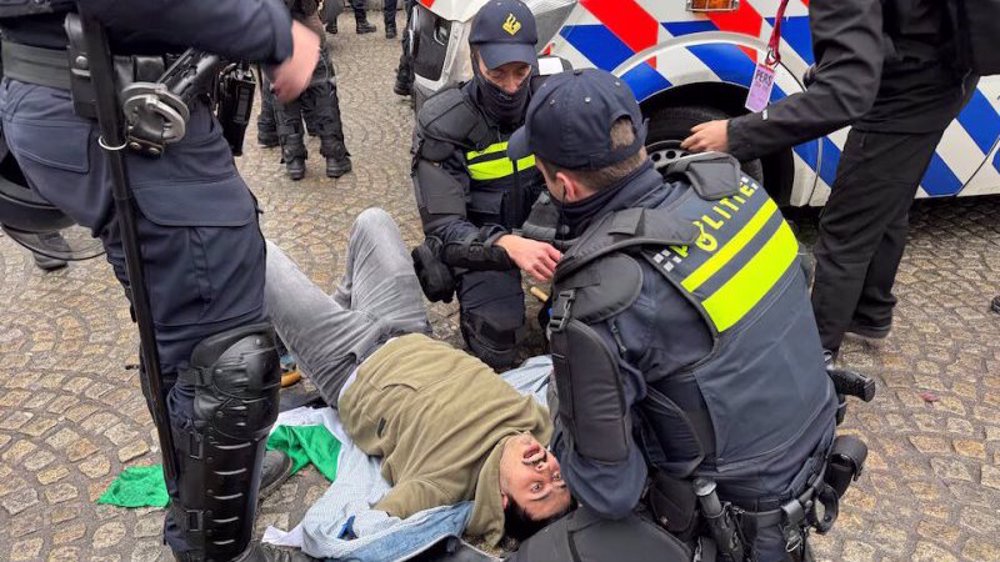Romania's Prime Minister Grindeanu survives no-confidence vote
Romania's Prime Minister Sorin Grindeanu has survived a no-confidence vote in the parliament as nationwide protests continue over a scrapped decree on corruption.
Grindeanu easily survived the vote on Wednesday as the chamber, dominated by his left-wing Social Democrat party, also known as the PSD, failed to garner the required 233 votes to impeach him.
Romania’s center-right opposition proposed the no-confidence motion after Grindeanu defied public calls and approved an emergency decree last week to decriminalize some corruption offences.
The controversial decision sparked the biggest demonstrations in Romania in decades and heaped huge pressure on Grindeanu and the PSD. Grindeanu scrapped the controversial decree on February 5 but protests have continued unabated ever since.
During his speech in parliament, Grindeanu indirectly acknowledged the public anger that fueled the protests.
"From my point of view, the government will from now on act in full transparency and on the basis of dialogue," said Grindeanu.
The 43-year-old also accused opposition-backed President Klaus Iohannis of benefiting from the public anger to "install his own government."

Protests continued on Wednesday in Bucharest and other cities as many vowed to remain on the streets in an attempt to force the government to step down.
Lawmakers in the parliament also chanted slogans against the PSD and urged Grindeanu to quit. They said in the text of the no-confidence motion that Romania would not tolerate "corrupt politicians to be pardoned and shielded from justice."
The continued demonstration is also influenced by another decree by Grindeanu that aims to free some 2,500 people serving prison sentences of less than five years.

Critics say the measure would allow many lawmakers to escape a major anti-corruption drive. The government says, however, that it wants to bring the country’s penal law into line with the constitution and reduce overcrowding in prisons.
Romania, the second poorest country in the European Union, has been praised over the past years for its anti-corruption efforts.
However, the EU recently warned against a U-turn and that some measures, such as the one adopted and scrapped by Grindeanu, could function as a "disservice" to the country’s fight against corruption.
VIDEO | Press TV's news headlines
VIDEO | US-Israeli genocide: Will Gazans see ceasefire deal achieved?
VIDEO | Grief strikes Parachinar: 44 lives lost in terror attack
VIDEO | Yemen’s armed forces target Israeli airbase amid nationwide pro-Palestinian rallies
Putin vows more test of new hypersonic missile
VIDEO | Jordanians continue rallies to denounce Israeli genocide in Gaza, Lebanon
6 Israeli soldiers commit suicide: Reports
Diplomat discourages recourse to pressure, intimidation, confrontation against Iran










 This makes it easy to access the Press TV website
This makes it easy to access the Press TV website